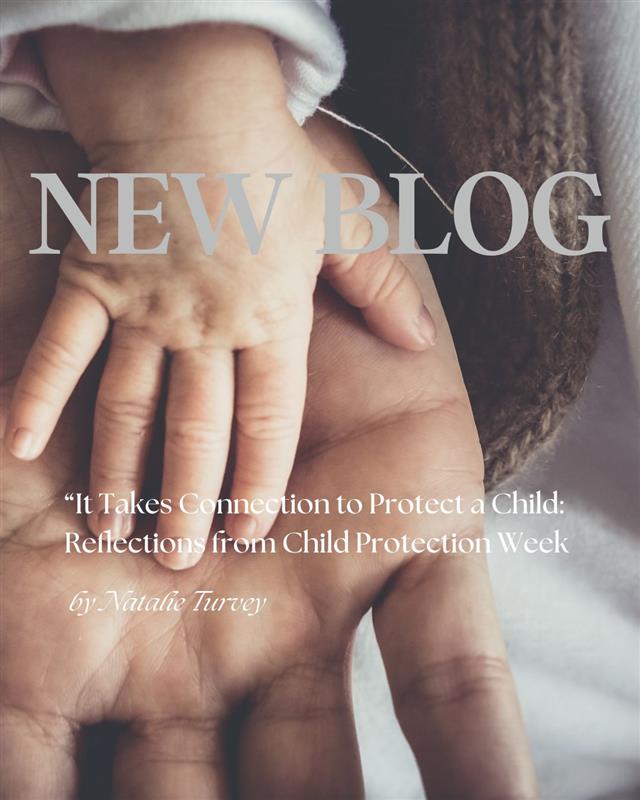So, your child has come out. You’re confused, and overwhelmed, and oh my gosh there are so many new words to learn! I hear ya’. The most important thing right now is to express your support for your Queer young person, listen to what they say, and do your best to learn. Seeking out your own supports, either professionally or from other parents, might also help you wrap your head around this wonderful world of being a LGBTQIA+ ally.
Follow this handy dandy list to start supporting your child, teenager, or loved one:
- Reflect
Reflect on your own beliefs, biases, and knowledge gaps. Have a think about what you already know, what you don’t know, and whether you have any stereotypes or preconceived notions that might be less than helpful.
- Educate yourself
Educate yourself and seek out the required resources, information, and support. This means learning the new terms, what your child identifies as, and respecting this. You aren’t expected to learn everything overnight, but your young person will really appreciate the effort you put in to understand them. Websites like The Trevor Project, Gender Spectrum, and My Kid is Gay are particularly helpful!
Psst check out this link https://www.mykidisgay.com/defining-series
- Listen to your young person
Support your child or loved one by using their current name, pronouns, labels, and offering to help with and discuss social or medical transitions. Allow them to explore how they wish to express their gender identity and sexuality. All children and teenagers are figuring out who they are, including their personal values, style, and finding a group of like-minded peers – Queer youth are just the same!
- Avoid….
Avoid using any slurs, stereotyping, generalizing, ignoring their coming out, or making inappropriate jokes. This includes listening and changing your vocabulary as time goes on and especially if your young person asks you to. Avoid using harmful or outdated terms, and do not send your child to conversion camps (these are very harmful and insist that LGBTQIA+ individuals need to be ‘fixed’).
Trevor Project has a great guide to being an ally: https://www.thetrevorproject.org/resources/guide/a-guide-to-being-an-ally-to-transgender-and-nonbinary-youth/
- Help them access services and stay safe
Seek out therapy for your or your child if needed (note: being LGBTQIA+ does not require therapy, but any associated distress and mental health conditions from stigma may). Also, listen to them and give developmentally appropriated information on staying safe, safe sex, and seeking help when needed. Allow them to safely explore their sexual and romantic feelings with the same allowances you would give any other teenager who is dating, expressing affection, and developing their own sense of self.
- Advocate and engage in the community!
Advocate for your child by sticking up for them at school, clubs, family events, and other times they might be discriminated against. Teach them how to safely stand up for themselves, as well as how to seek out supports and make changes in systems that may be discriminatory. You can also attend Pride events with them to show your support and be a part of the community. Plus, you can never say “I love and support you” you enough!
Want to learn more? Check out these links:


.png)





